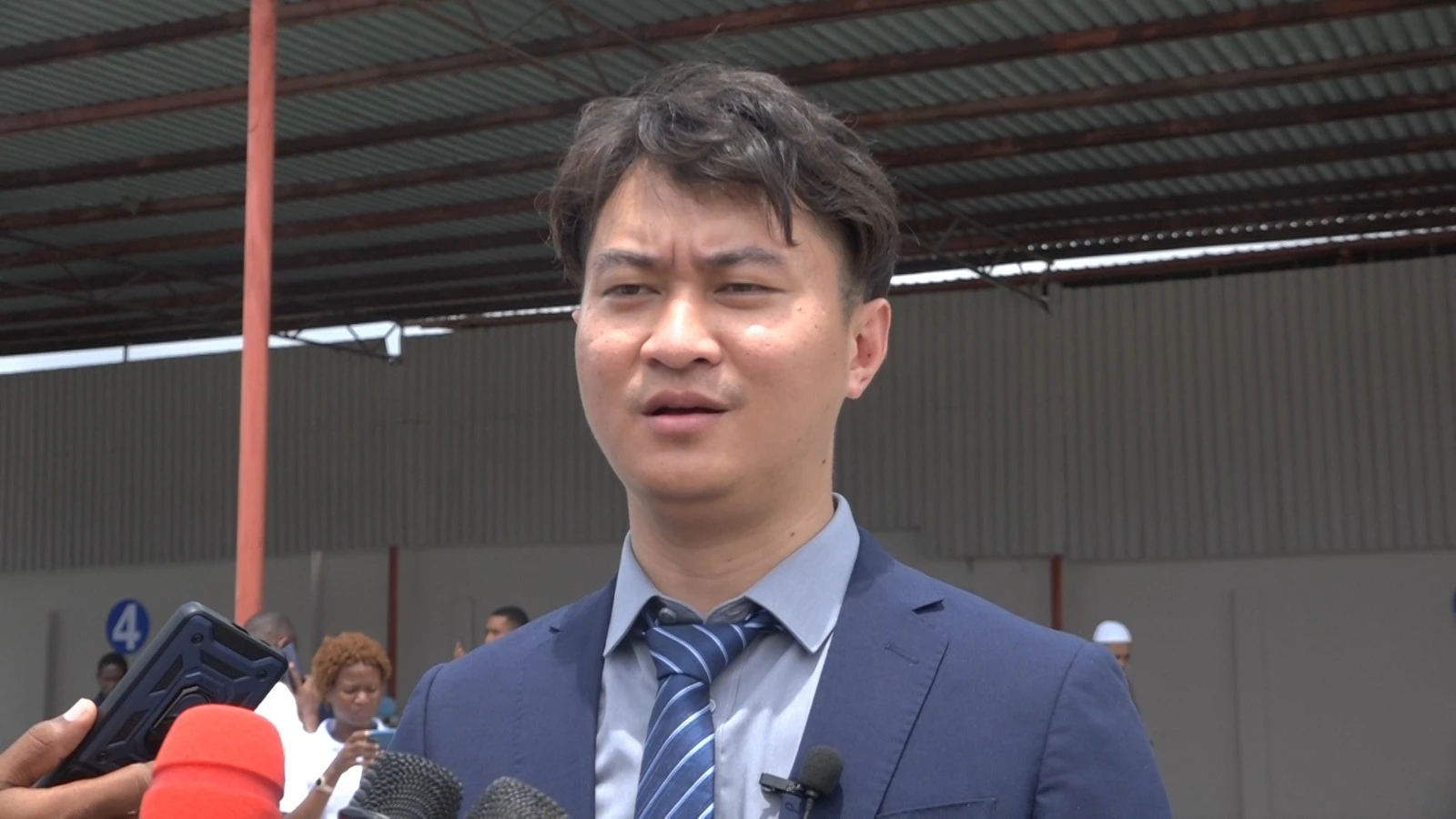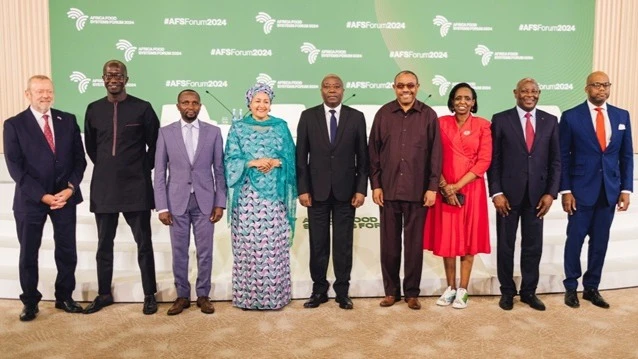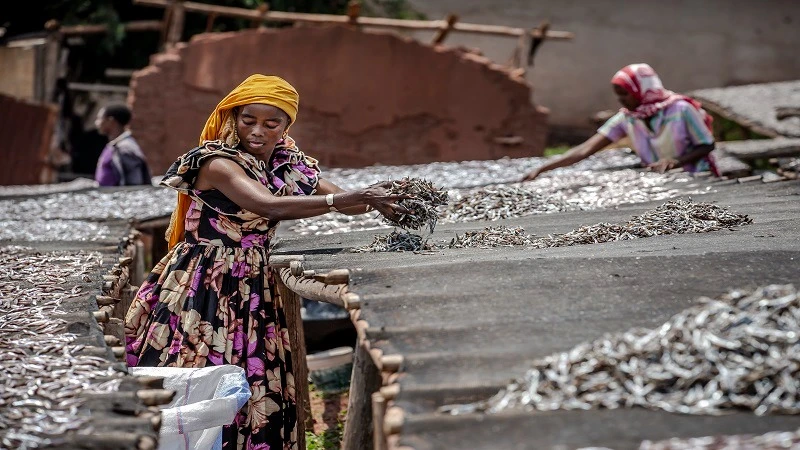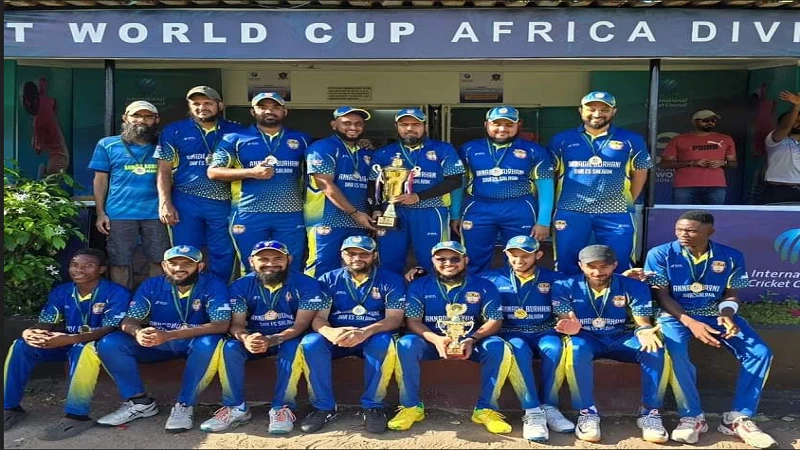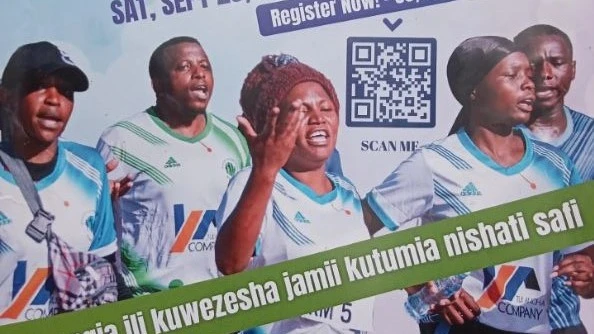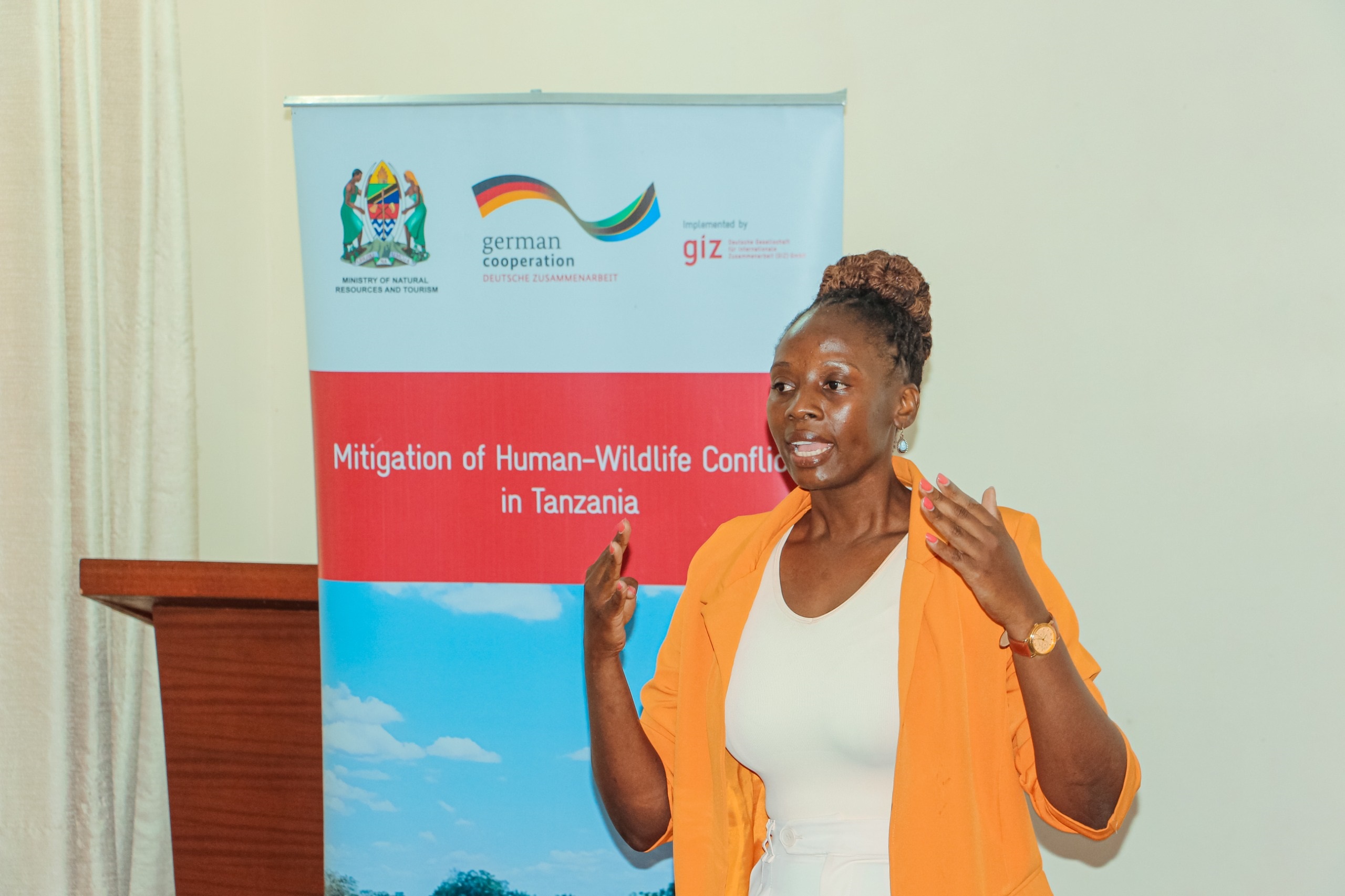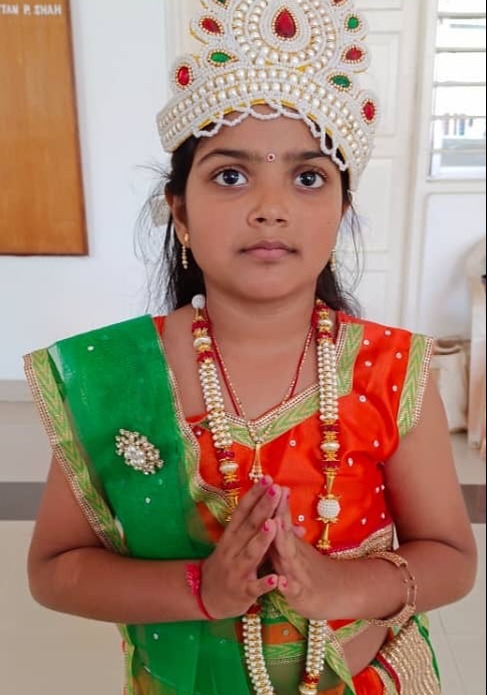Bridging the gaps: Role of digital technology in strengthening healthcare provision in Tanzania
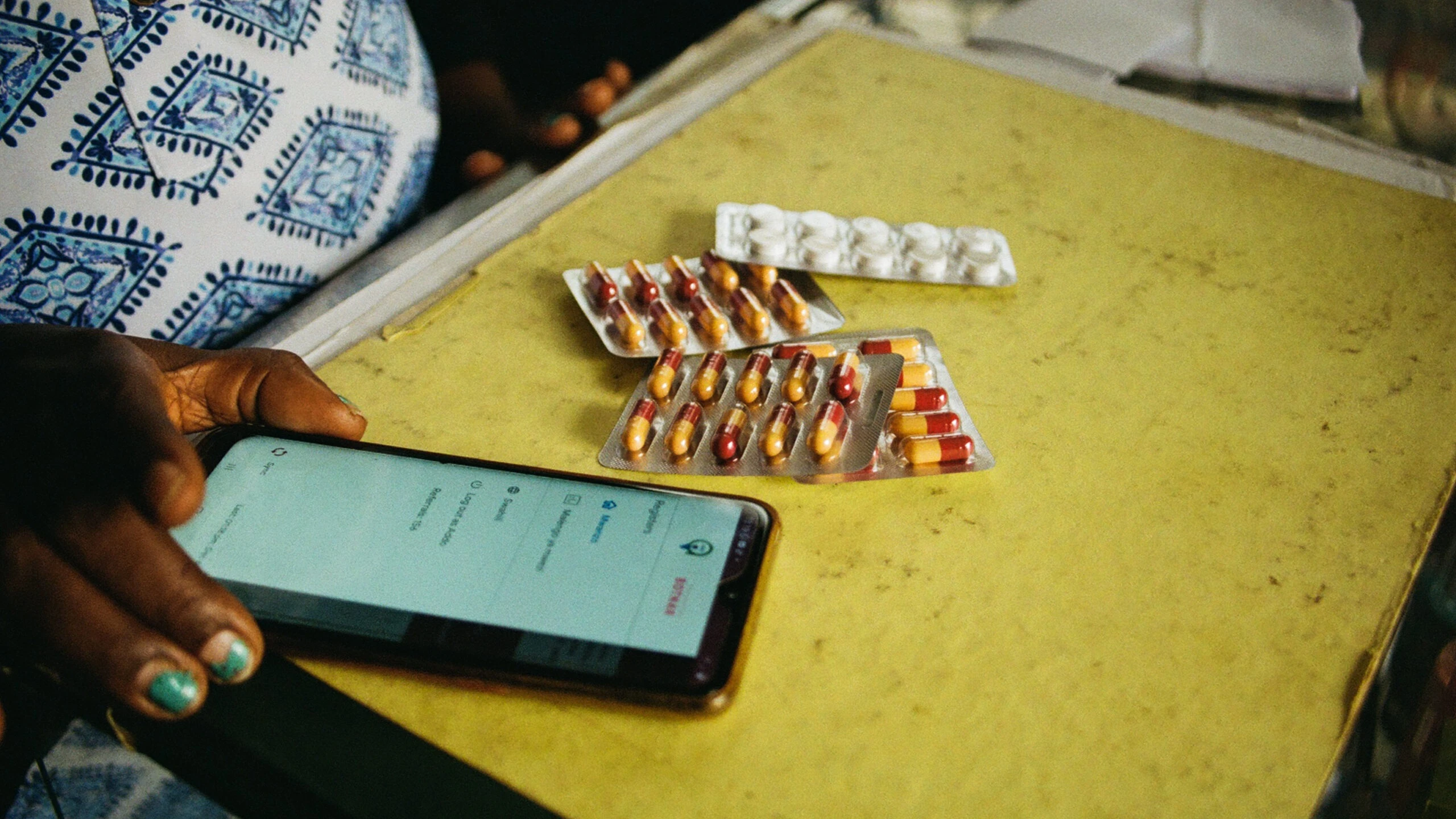
TANZANIA, a country facing significant healthcare challenges, has been grappling with preventable child and maternal deaths, as well as unintended pregnancies, especially among adolescents. According to the Tanzania Demographic and Health Survey (DHS) of 2015, more than 600,000 children under five die annually from preventable causes, alongside 9,000 maternal deaths.
The country's healthcare system has long struggled with limited resources and fragmented service delivery, necessitating innovative solutions to bridge these gaps.
In recent years, Tanzania has embraced digital technology to address these challenges, particularly through initiatives like Afya-Tek. Launched in August 2020, Afya-Tek is a digitally enabled, people-centred community healthcare system that aims to improve the coordination of care between community health workers (CHWs), primary health facilities, and private drug shops, known locally as Accredited Drug Dispensing Outlets (ADDOs). This initiative, supported by Foundation Botnar, is a pioneering effort to harness emerging digital tools to strengthen the continuum of care in Kibaha District, Tanzania.
The promise of digital health technology
Dr Angel Singh, the Apotheker Director of Programmes and Operations and Afya-Tek Principal Investigator, emphasizes the transformative potential of digital technologies in healthcare.
"Digital technologies and their application to healthcare have the potential to improve efficiency, lower overall costs, and streamline the workload of healthcare professionals," Dr Angel explains. "Digitizing the flow of information can increase coordination between different levels and providers in the continuum, bringing preventive and curative care closer to communities and strengthening the overall health system in Tanzania."
According to her, the goal of the digital initiative is to reduce maternal and child deaths and improve adolescent health by digitally linking private drug shops, primary health facilities, and community health workers.
It is noted that this kind of ecosystem leverages cutting-edge technology, such as artificial intelligence (AI) and biometric identification, to deliver personalized, high-quality healthcare. For instance, Afya-Tek creates unique IDs for patients, enabling accurate identification and quick access to their health records. This technology enhances the efficiency of healthcare delivery, ensuring that patients receive timely and coordinated care.
A community-centric approach
Dr Angel explained that the project's implementation in Kibaha District involved extensive community engagement, including sensitization of local leaders and training of CHWs, ADDOs, and health facility staff.
“In fact, it has trained nearly 500 system users and registered over 255,000 individuals, significantly improving access to healthcare. The initiative has also recorded over 100,000 visits to private drug shops and achieved a referral completion rate of 90 percent, three times higher than typical health programs,” she affirmed.
For her, this success underscores the importance of digital solutions in overcoming traditional healthcare barriers, such as distance and resource limitations.
Dostea Lunyungu, a CHW in Visiga village located in Kibaha District, Coast Region, highlights the impact of the digital system on service delivery: "The digital (Afya-Tek) device has improved the ease of access to community services where they are needed."
Dostea has been instrumental in providing health education and advice to young people, particularly regarding substance abuse.
"I have been able to provide various health-related education and advice to young people, particularly about the effects of drug use and cannabis smoking. This has led some individuals to completely stop using these substances. I have successfully addressed various challenges faced by young people, especially by facilitating access to health treatment when they become ill or contract a disease,” she noted.
Empowering adolescents and families
Afya-Tek has proven particularly beneficial for adolescents, a demographic often underserved in healthcare systems. The program has reached nearly 28,000 adolescents, providing them with vital health information and services.
Dostea shares how the project has helped engage young people in health education and treatment saying: "Since the linkage between CHW, ADDO, and health facilities, young people have gained numerous benefits. They now have access to tailored education and are guided to appropriate services, with their progress closely monitored."
For residents like Mariam, a mother of three from Visiga in the Kibaha Coast Region, Afya-Tek has been a lifeline. "Before Afya-Tek, accessing healthcare was a struggle," Mariam recalls. "Now, with the digital system, my children and I receive timely care. The CHWs are always there to guide us, and we no longer have to worry about long waits at the clinic."
A lifeline for teen mothers
One of the most vulnerable groups in the healthcare system is adolescent mothers, who often face significant challenges accessing care and support. Sharing her experience, Amina Athuman, a 17-year-old mother from Visiga said: “Before Afya-Tek, I felt alone and unsure about how to care for my baby. The CHWs have been a great support, providing me with essential health information and guiding me through my pregnancy and after the birth of my child”.
Amina's story is a testament to the program's impact on young mothers, who benefit from the timely and coordinated care facilitated by Afya-Tek. The system has helped Amina access prenatal and postnatal care, vaccinations for her baby, and information on proper nutrition and child-rearing practices.
"Afya-Tek has given me the confidence to take care of my child and myself," she reflects. "I feel more supported and informed."
Strengthening the continuum of care
The initiative's holistic approach has not only improved health outcomes but also fostered a sense of community among healthcare providers and residents. The program's emphasis on connecting CHWs, ADDOs, and health facilities has created a seamless continuum of care, ensuring that patients receive the right treatment at the right time.
This integration has reduced the likelihood of misdiagnosis and treatment delays, common issues in fragmented healthcare systems. Moreover, the data-driven nature of Afya-Tek allows for continuous monitoring and evaluation, providing valuable insights into community health trends and needs. This information is crucial for shaping effective health policies and interventions, aligning with Sustainable Development Goal 3, which aims to ensure healthy lives and well-being for all.
A collaborative effort
The program's success is a testament to the power of collaboration. The program's co-design approach, involving CHWs, drug dispensers, health facility staff, and government health management teams, has been crucial for its successful adoption. The government's involvement, along with public health partners, has ensured alignment with national health strategies. The Tanzanian Pharmacy Council's endorsement of the system further underscores its potential to strengthen public sector collaboration.
The need for educational opportunities for CHWs
While Afya-Tek has significantly improved the quality and coordination of healthcare in Kibaha, challenges remain, particularly in the area of educational opportunities for community health workers (CHWs).
Dostea highlights a crucial issue: "Many CHWs, including myself, are passionate about our work and are qualified to further our education. However, there are limited opportunities and sponsorships available from the government to pursue advanced studies in healthcare."
Dostea's plea underscores a broader concern within the community; lack of access to further education and training can limit the potential of CHWs to provide more comprehensive care. “We need more educational opportunities to enhance our skills and knowledge," she adds. "This would enable us to offer even better services to our communities and help address the complex health challenges they face."
Looking ahead
Afya-Tek's achievements mark a significant milestone in Tanzania's healthcare journey, but the work is far from over. The program plans to further integrate with the national health system, enhancing its digital infrastructure and expanding its reach.
Future initiatives will include research on healthcare barriers with a focus on additional health areas such as non-communicable diseases, COVID-19, Ebola, Polio, HIV, and TB.
In a world where access to quality healthcare remains a challenge for many, digital health technologies like Afya-Tek offer a beacon of hope. As Dr Angel aptly puts it, "Imagine a world where everyone has access to quality healthcare, no matter where they live. Digital health technologies, if applied correctly, can contribute to making this vision a reality by overcoming traditional barriers like distance and limited resources."
As Tanzania continues to navigate its healthcare challenges, the lessons learned from Afya-Tek hold promise not only for the country but for other nations facing similar issues. By harnessing the power of digital technology, Tanzania is paving the way for a future where healthcare is accessible, efficient, and equitable for all.
Top Headlines
© 2024 IPPMEDIA.COM. ALL RIGHTS RESERVED












